Is This The End Of Fast Fashion?
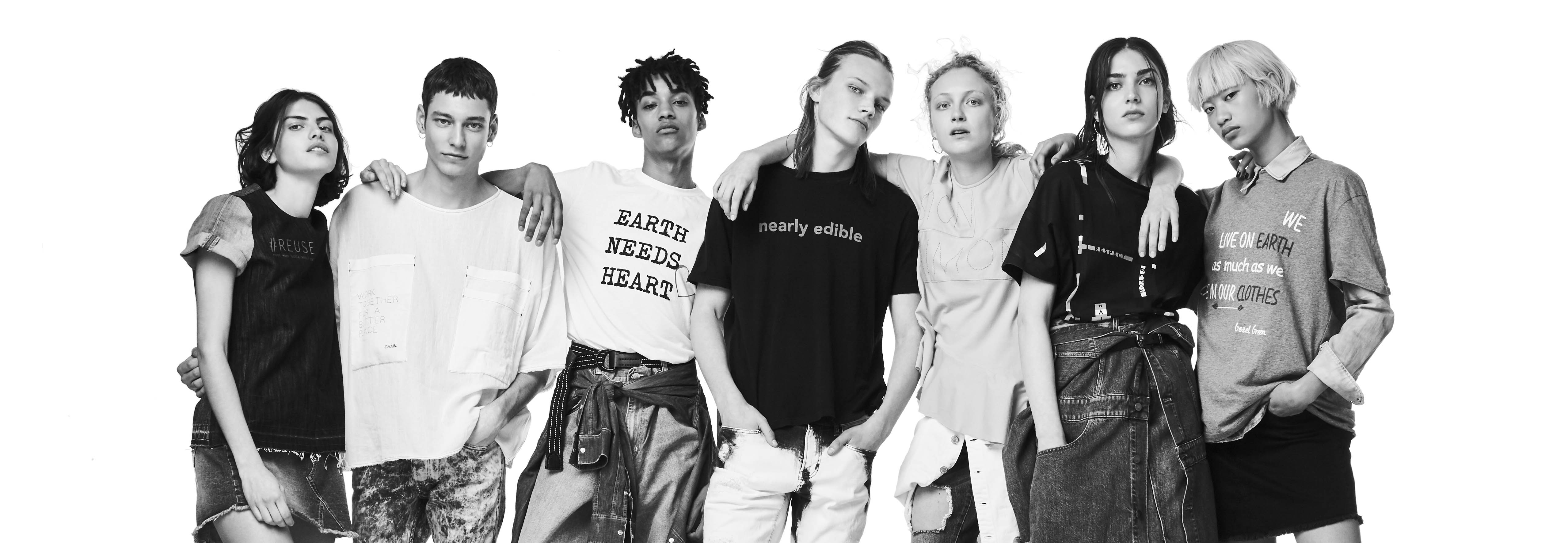
With cocktail bars asking if you want a straw with your order, coffee shops offering 50% off if you bring in your own re-useable cup and even glass milk bottles making a comeback, being green has never been so on trend. However, whilst many are keen to rave about the benefits of choosing a bamboo toothbrush over plastic or how they'd never go anywhere without their own refillable water bottle, when it comes to fashion, being green can often conjure up connotations of baggy hemp trousers and slightly musty smelling t-shirts. On a mission to change this is YOOX, the luxury fashion retail site, that have a whole section dubbed "YOOXGEN" dedicated to responsible fashion. Choosing brands that are sustainable, yet still stylish, the site aims to allow customers to effortlessly shop, without sacrificing on trends alongside ethics. Taking the notion one step further, last week the brand presented the YOOX x The Next Green Talents, an initiative that aims to support emerging design talent alongside encouraging more sustainable working practices. "This year the focus is on sustainability, an issue that has been particularly close to our hearts since the launch of YOOXYGEN in 2009," said Federico Marchetti, Founder of YOOX and CEO of YOOX NET-A-PORTER GROUP. "The Next Green Talents, developed in collaboration with Emanuele Farneti and Sara Sozzani Maino, is a double bridge towards the future of fashion: the new horizons of creativity and new ways of protecting the world we live in. Ideas and responsibility, values that ultimately travel together.”
Taking place during Milan Fashion Week, I popped along to check it out. The seven chosen designers each presented their autumn/winter 18 collections, which from September will also be available to buy on YOOXGEN. In addition, each designer had created an exclusive t-shirt which are available to shop on the site right now.
Featuring bold colours, slick silhouettes, and total Instabait pattern play, what struck me was that each brand was focused on fashion as much as they were on sustainability. So it turned out a nylon puffer jacket I was admiring was in fact made from recycled bottles, the delicate buttons on an oversized shirt were made up of recycled wool, whilst a poppy pink hued cropped jacket was dyed using hibiscus flowers. Here are three of my highlights...
Olderbrother
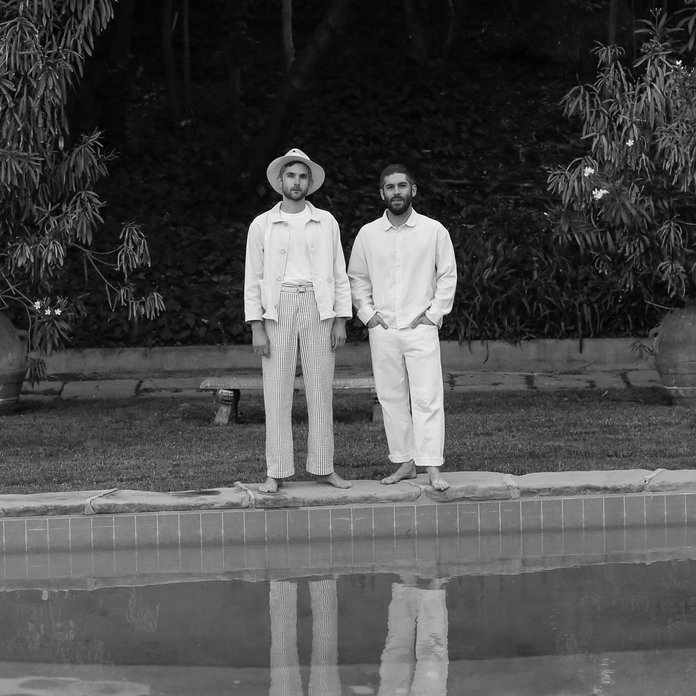
Founded by Bobby Bonaparte and Max Kingery, this duo are all about clothing that's akin to the slow food movement...
We're from the west coast in LA, so we grew up drinking lots of organic smoothies. And then we got thinking, we know where the chicken we are eating comes from and how it's raised, but we couldn't say the same about our clothes. So we thought, let's take the those aspects of the slow food movement and try applying them to the clothing we want to wear and produce.
We're not aggressive about saying that we are a sustainable fashion brand. We always design what we want to wear. So when someone discovers us, it's generally because they like how it looks. And then they'll find out what we're about and that it's dyed from mushrooms or hibiscus flowers!
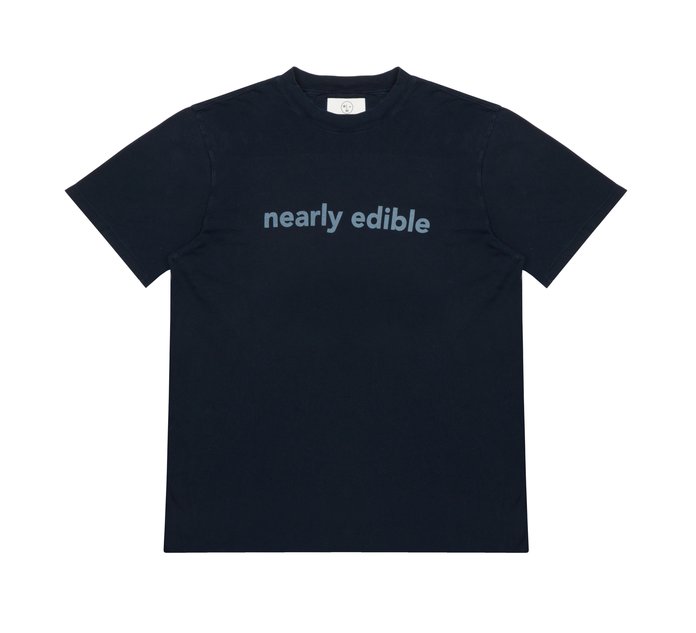
Celebrity news, beauty, fashion advice, and fascinating features, delivered straight to your inbox!
We have had to invent all of our processes. Every season we push it. This season we wanted to explore use mushrooms as a dye. So we worked with specialists in Japan who individually dye each yarn so now we can explore creating different patterns. We are very methodical about everything and every subtle detail. Even our buttons are made of coconut.
We do two collections a year. And then we have another collection called "Hand Me Downs" where we take damaged pieces and recreate them. We have no waste. You can bury our clothes in the ground and they will naturally decompose.
Tiziano Guardini
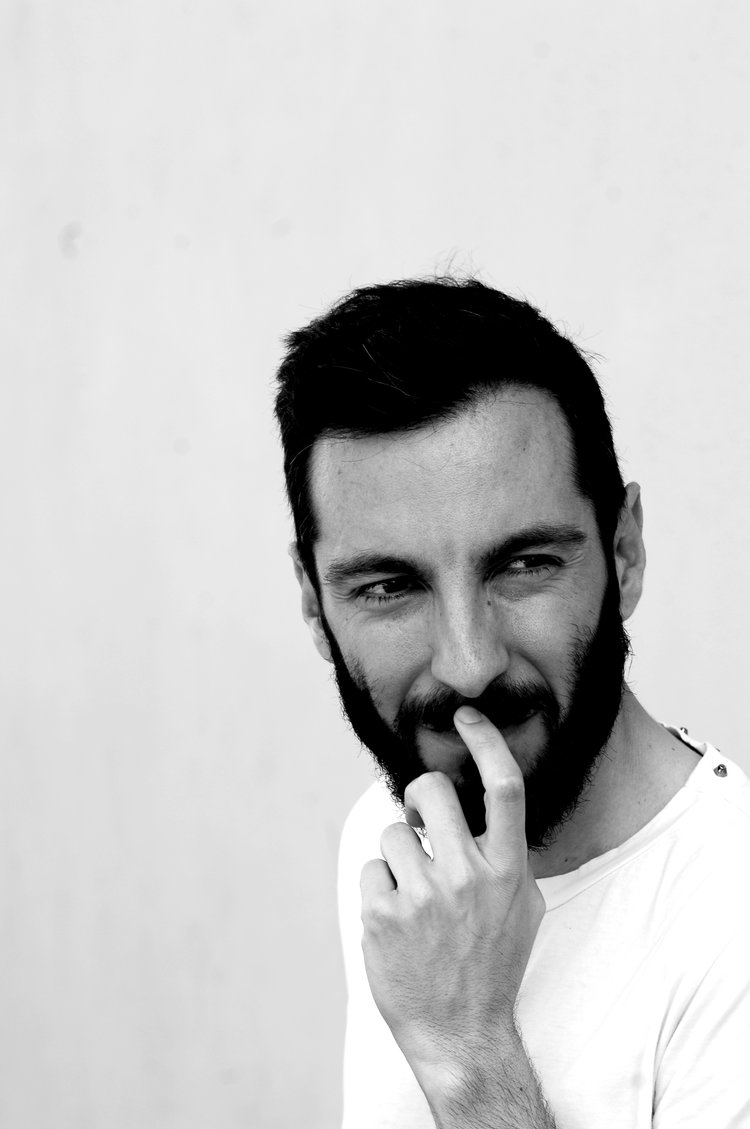
Having rounded off 2017 by winning the Franca Sozzani Green Capet Challenge Award for Best Emerging Designer, this Roman born designer kicks off 2018 with an even stronger focus on recycled fabrics...
I turned vegan six years and this really changed my perception of life. I wanted to put sustainability at the core of my creative process because in the past, when it came to sustainable fashion it was often thought of as not being cool. I really want my designs to have a focus. Everything from my research process to the finishing process is sustainable.
All my garments have an eco-sustainable certificate. I like to focus on the materials. I really wanted to produce cruelty-free silk. It has taken me five years to find a process that is. Usually, to produce it you have to boil the worms. It's a violent approach. But I have found a way that the worm gets to develop into a butterfly so that you only use the leftover shell.
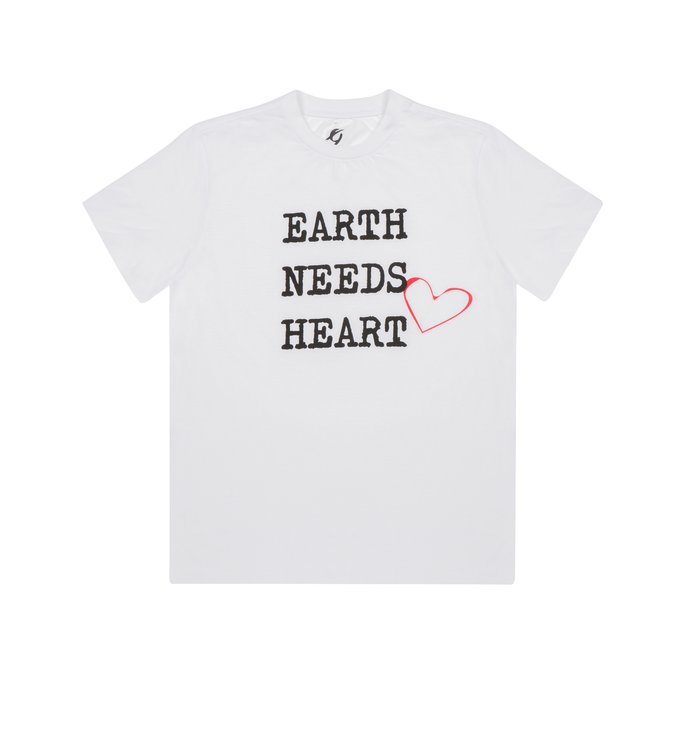
Denim is one of the worst processes for the environment. However, I've found a producer that is sustainable. They only use recycled cotton. I love playing with new materials. The nylon I use it made from fishing nets and plastic bottles that are collected from the sea. All the wool I use is regenerated.
How my designs look is equally important to how they are produced. I am a fashion designer who wants to create something sustainable. I don't want the fact that it is sustainable to get in the way of my creativity. It's a constant fight I am trying to prove.
CHAIN
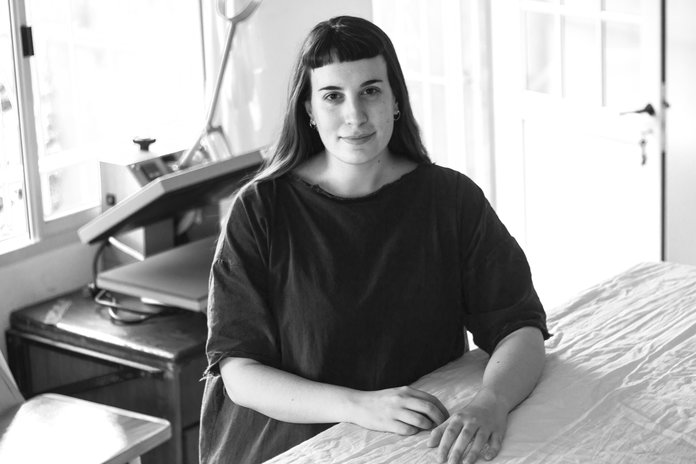
Founded by Lucia Chain, this Buenos Aires native focuses on creating unisex, waste free garments...
Everything I do is sustainable. My father cultivates flowers and my mother is a biologist so I have been aware of sustainability since I was born. My father used to produce our food an I'm vegetarian so I've always led a green life. So it was natural for me to want my fashion brand to be eco too.
In Argentina we are really noticing the effects of climate change. We have a lot of young designers who are focusing on sustainability. It is a challenge for us though. We have to show our work a lot and be really transparent in order to change peoples' perceptions. We have to show them that we have values but that we also have the knowledge of the construction of garments. In my own collections I like to use unfinished seams which are on-trend but then I'll also do lots of garments which are very carefully finished.
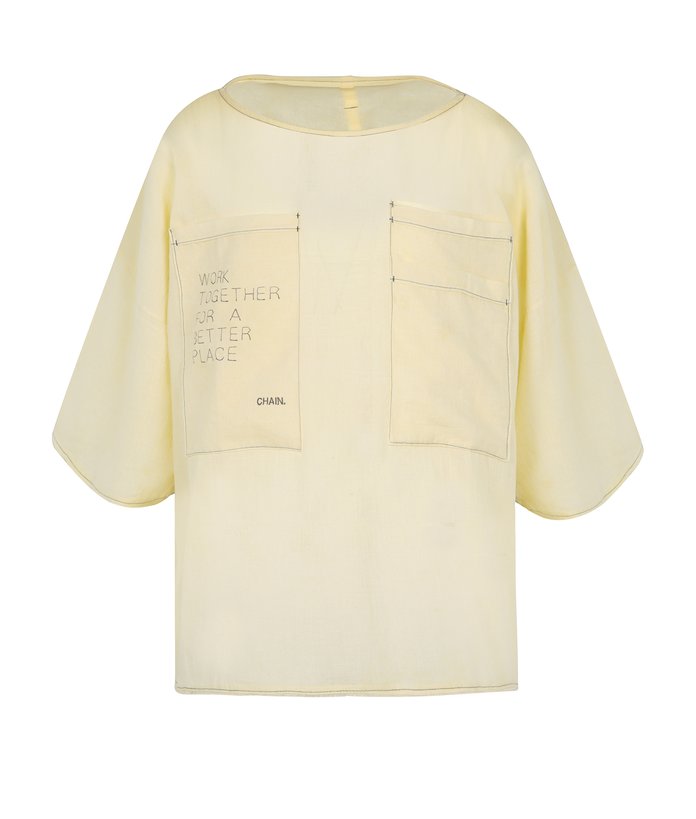
I like to work a lot with local co-operatives in Argentina. They are in the poorest parts so I am creating more opportunities for them and their communities. Everything I use is hand-dyed, often using saffron.
Every little detail is sustainable. So the buttons are made of wool by local artisans. Everything is compostable. It will all eventually go back to the earth.
I've also started working with local weavers. They use plants to dye the wool. They are teaching me a lot about traditional crafting techniques and I am teaching them a lot about new design tools, so it all goes full circle.